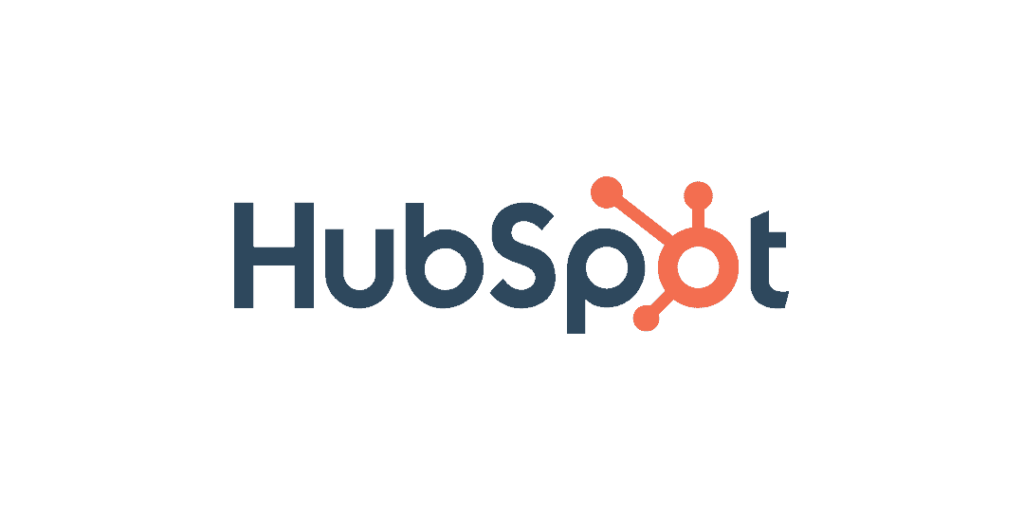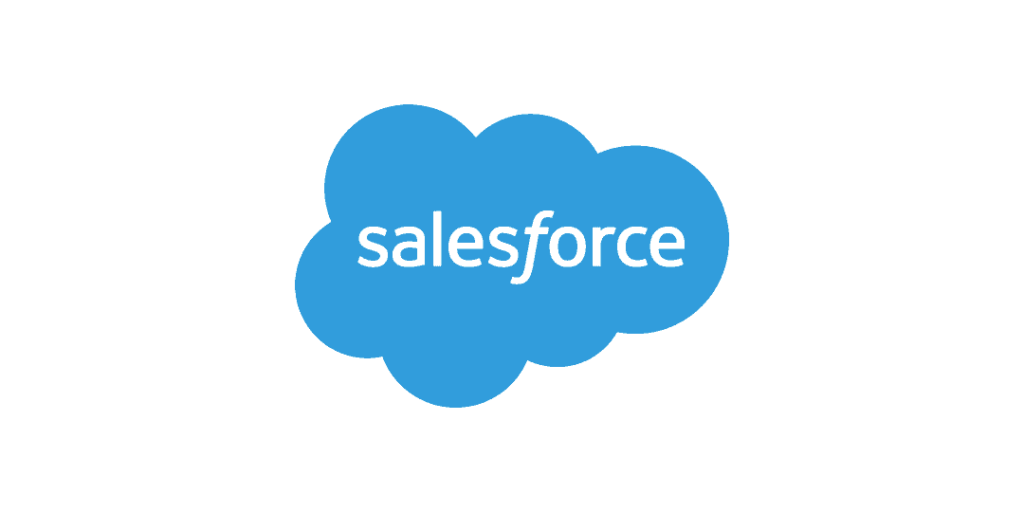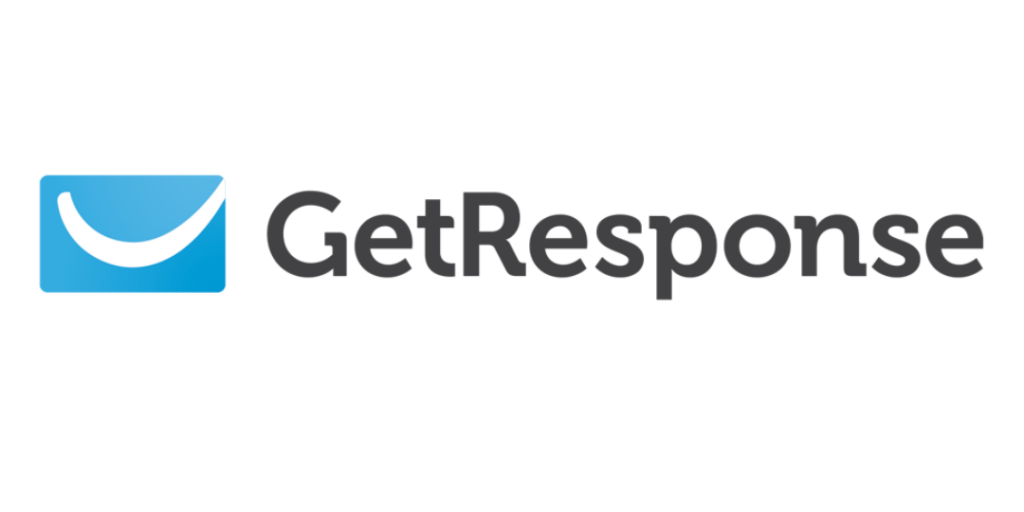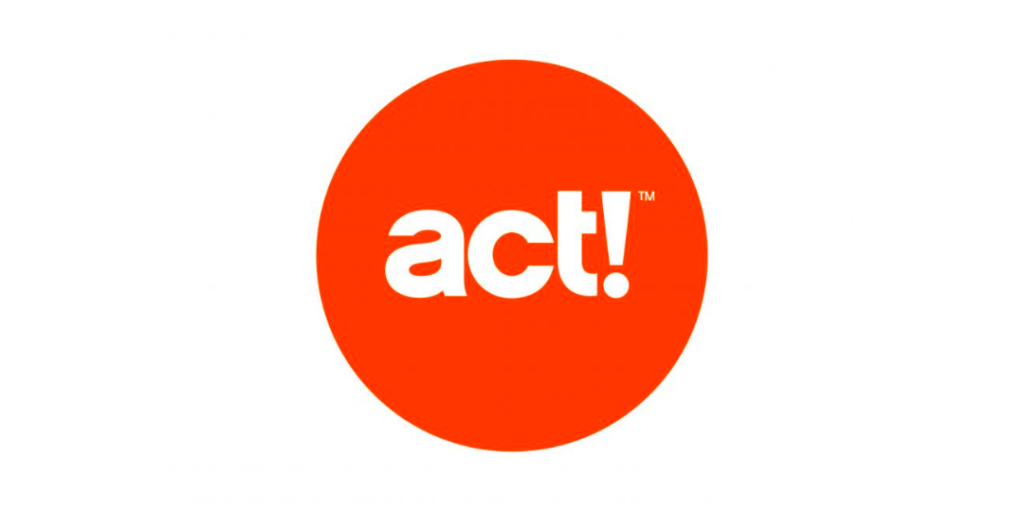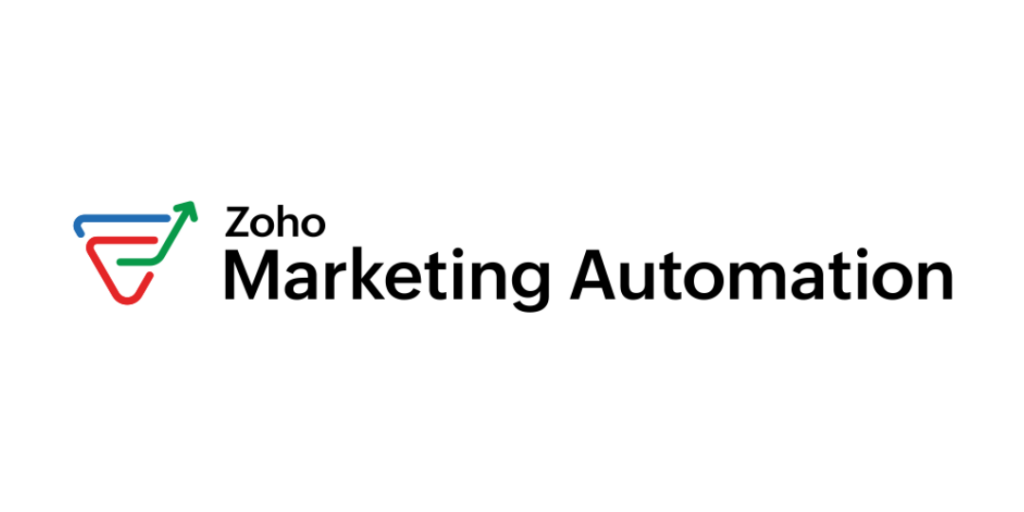Our top 6 best marketing automation software for 2024
- HubSpot Marketing – Best overall for SMBs & Startups
- Salesforce Marketing – Best for SMB and mid-sized teams
- GetResponse – Best for SMB automation
- Brevo – Simplest to use for emailing and marketing automation
- Act! – Simple CRM & marketing automation tool
- Zoho Marketing – Highly customizable
Who are marketing automation tools for?
Many companies use marketing automation without even realizing it!
Numerous businesses and associations, even very small ones, use Mailchimp or Brevo (formerly Sendinblue) to send newsletters to their contacts. However, this remains a fairly basic use of marketing automation.
The companies that use more advanced features are generally those for whom the web is a significant customer acquisition channel:
- Freelancers and infopreneurs who implement a content strategy to acquire leads and sell services or training;
- E-commerce businesses that use marketing automation to engage their customer base and offer targeted promotions;
- Startups and small B2B companies that rely on inbound marketing to generate leads for their sales team;
- Larger companies looking to optimize the productivity of their marketing and sales teams.
Many independent professionals and solopreneurs heavily invest in content creation to build their brand and use email marketing and automation as a strategic channel to convert their audience into clients. They can use one of the free versions from providers like HubSpot (2000 emails/month), Brevo (300 emails/day), or Zoho (6000 emails/month)
Criteria to choose the best marketing automation software
To help you choose your software, here is a list of the main selection criteria.
1. Number of contacts and emails sent
It’s important to estimate the size of your contact base before choosing. Some software, like Mailchimp or HubSpot, consider the number of contacts in your database to calculate the cost of your email campaign. Plan ahead, as your contact volume will regularly increase! You also need to estimate the volume of emails you will send. HubSpot’s free version limits you to 2000 emails per month, while Brevo’s free version allows 300 emails per day. The costs of Brevo’s and Mailjet’s paid plans depend on the monthly volume of emails sent.
2. Features
This is one of the important criteria for choosing your marketing automation tool. Depending on your activity and company organization, your needs will vary. If you only need to send a newsletter to a list of 500 people, you don’t need complex features. However, if you have a large customer base to engage, you will need more advanced functionalities. If you are in e-commerce, integrations and e-commerce features will be most relevant to you.
To assist you, here is a comparison table of the selected providers.
| Software | Customizable templates | E-commerce | Web forms | CRM | SMS campaigns |
|---|---|---|---|---|---|
| HubSpot | yes | no | yes | yes | no |
| Brevo | yes | yes | yes | yes | yes |
| Salesforce | yes | yes | yes | yes | yes |
3. Ease of Use
Ease of use and user-friendly design are important criteria: the marketing automation tool should be easy to handle and time-efficient. Pay particular attention to the email editor’s usability: does it allow you to easily format emails? Are there customizable templates available?
Fortunately, most marketing automation software can be tested for free, allowing you to form your own opinion before making a decision. If your needs are relatively simple, avoid overly complex tools and opt for simple, intuitive ones!
4. Price
The cost of marketing automation software is, of course, a crucial criterion. Depending on the case, the price of marketing automation software can range from 0 to several thousand pounds per month. The cost can depend on several factors, which sometimes combine:
- Number of contacts;
- Number of emails sent per month/day;
- Number of users;
- Range of features.
Plan your budget over several years, carefully estimating all costs.
5. Hosting and Security
Marketing automation software contains personal data, which is increasingly sensitive, especially in Europe since GDPR. Therefore, some companies prefer software that hosts data in Europe, or even specifically in the UK. If you choose software hosted in the United States, be aware that you are subject to the Patriot Act, which allows US intelligence to access your data.
Moreover, you must be able to prove that the data on your prospects and clients have been collected in compliance with GDPR. Fortunately, most marketing automation software today is GDPR-compliant, but it’s up to you to ensure correct configuration.
6. Email Deliverability
Email deliverability is the ability of a software to send emails that reach recipients’ inboxes and don’t end up in spam folders. This is crucial, especially if you send large volumes of emails.
It’s difficult to assess deliverability before implementing a tool, but you can research the commitments and reputation of marketing automation companies regarding this issue.
Additionally, some software offers guarantees and advanced settings options to optimize email deliverability: check that your chosen subscription plan meets your needs in this regard.
7. Available Integrations
To avoid any regrets, ensure that the marketing automation software you choose integrates well with your other tools: this is a major selection criterion!
Your marketing automation software should seamlessly connect to:
- Your CRM software, to avoid re-entering data and ensure that all relevant information is accessible to your sales team;
- Your website, so that forms, landing pages, or other lead generation tools integrate smoothly with your site;
- If you have an e-commerce site, choose marketing automation software compatible with your e-commerce platform!
8. Support and Customer Service
We’ve saved this criterion for last, but it’s no less important. Implementing marketing automation software isn’t always easy, so choose a company that can support you!
We recommend checking the following information:
- Is the help and user documentation well-provided?
- What are the channels for contacting customer service: chat? Phone? Email?
- Is customer service available in English and in the UK ?
- What are the advertised response times?
In any case, don’t hesitate to contact support during your trial period to get an idea of the level of service. Some platforms offer truly premium services: training, customized support, expert advice… You can also seek help from a freelance consultant or specialist agency if you have the budget, but be careful in selecting your partner!
